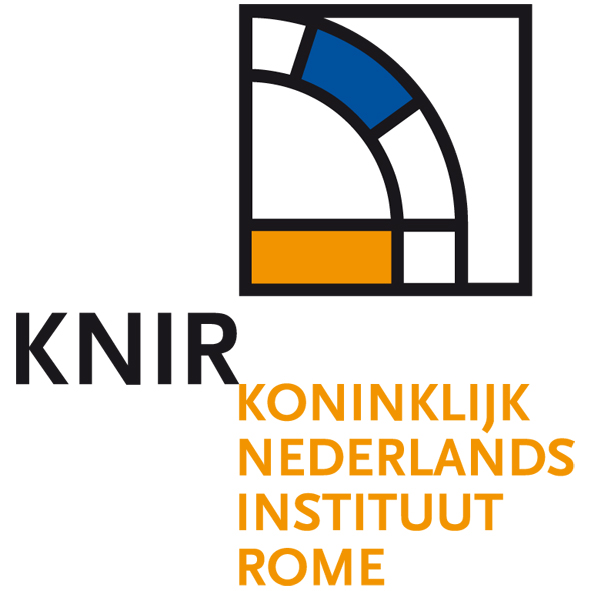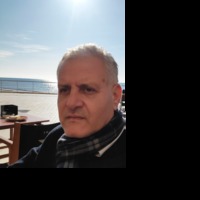Description, Themes & objectives
The analytical study of heritage and memory studies poses particular problems of method for all, from beginners to very experienced scholars. Due to its fundamental interdisciplinary, transnational and comparative nature, this seminar devises a specific format that explicitly addresses the methodological ins and outs of heritage and memory studies. We will critically examine the dynamics of the past from the perspective of tangible and intangible remnants, spaces and traces as well as the politics of forgetting and heritage appropriations, significations, musealizations and mediatization in the present. How key sites of heritage and memory in Europe and beyond are presented, interpreted, and renegotiated? And how do memory discourses operate as vehicles of local, national, continental and global identity building? Key topics will address the multidirectionality of heritage and memory as well as the theoretical implications identity and trauma, mourning and reconciliation, nationalism and ethnicity, diaspora and intergenerational memories, landscapes and mass violence, heritage preservation and commemorations, experience and authenticity, (dark) tourism, diaspora and postcolonial memory, and performative reenactments and the art of absence and forgetting. The intellectual engagement with heritage and memory studies and the ideas they develop is both necessary and often, quite problematic. In this seminar the collective effort to deal with this issue is as important as the acquisition of knowledge. The conceptual premise underlying this analytical approach is that interdisciplinary lacks the traditional paradigms that used to provide obvious methodological tools. Concepts offer a substitute; a methodology that is flexible, yet responsible and accountable. The aim is to open up an academic space where a common ground can be found without sacrificing specific and precious disciplinary knowledge. The seminar’s objectives are to introduce researchers to central concepts and case studies in the field of heritage and memory studies, and to provide training with samples from advanced theoretical texts (reading, understanding, discussing and integrating literature in the researchers’ own projects)
This year the seminar will be hosted at the Royal Netherlands Institute in Rome (KNIR) and explore the complexity of heritage and memory theory departing from an exceptional case study: the city of Rome. Traumatic events of the XXth century in fact have generated narratives, monuments and sites that express multiple visions of the past, often conflicting, contributing to the formation of an impressive and ‘difficult heritage’: from the fascist city to the narratives about Nazi violence during the German occupation of the city, from the controversial traces of Italian colonialism to the painful memories of terrorism in the seventies. The memoryscape of Rome represents therefore a privileged point of observation both to critically examine the mediation of collective memories and to reflect on methodological issues.
Lecturers
- dr. Ihab Saloul (University of Amsterdam)
- dr. Maria Bonaria Urban (KNIR, Rome)
- dr. Jan Willem van Henten (University of Amsterdam)
Course format and assignments
The Heritage and Memory Theory Seminar will include three preparatory sessions which will take place in Amsterdam on the following dates (13 May, 20 May & 27 May 2022 – 13.00-17.00h, Amsterdam). After that the seminar will be hosted at the Royal Netherlands Institute in Rome (KNIR) between 30 May – 7 June 2022. The seminar period in Rome will include lectures, on-site analysis and discussions. Each participant will also deliver an oral presentation either at the institute or in situ on a topic of her/his choice. In preparation students will be given theoretical texts to read; a full list of literature will be provided in advance. All participants are expected to:
- Attend all sessions and read the texts seriously
- Participants will present an object/case study of their own choice on which they bring to bear the texts and concepts
- Write a 3500-word analytical essay with a special focus on a theme of choice.
Target group
The Huizinga ‘Heritage and Memory Theory Seminar’ (https://www.huizingainstituut.nl) is open to a maximum of 12 selected RMA and PhD-students in related disciplines from KNIR partner universities and universities that participate in the Huizinga Institute (Universiteit van Amsterdam, Vrije Universiteit, Universiteit Leiden, Universiteit Utrecht, Radboud Universiteit, Rijksuniversiteit Groningen, Universiteit Maastricht, Universiteit van Tilburg, Open Universiteit, Erasmus Universiteit Rotterdam).
Credits & Certificate
The study load is the equivalent of 5 ECTS. Certificates of participation and credits are available upon request after the event. Event coordinators will decide whether the participant has fulfilled all requirements for the ECTS. Note: the certificate itself is not valid as ECTS, you need to validate it yourself at your local Graduate School.
Costs
Tuition and lodging at the KNIR is free for selected participants from the above-mentioned Dutch universities. Personal expenses, including meals, are not included. Students can request a €175,00 reimbursement of their expenses for travelling to Rome after submission of their final essay via the Huizinga Institute office.
Facilities in Rome
All participants will be housed at the Royal Netherlands Institute in Rome’s Villa Borghese Park. From there, it is only a short walk to the historical center of Rome. The KNIR accommodation consists of shared bedrooms and bathrooms, and includes a living and dining space, a large kitchen, washing machine and wireless internet.* All residents have 24/7 access to the library and gardens of the Royal Netherlands Institute.
* The KNIR accommodations comply with all safety and health requirements, also in light of COVID-19.
Application and admission
For the selection procedure the students need to submit a 2-page letter in which they explain their motivation and possible contribution to the seminar’s topics in Rome and a full CV to huizinga@uu.nl. The application deadline is Wednesday 30 March 2022.
The application must contain the following information:
- Initials
- First name
- Surname
- Address
- Date of birth
- Student number (RMA students only)
- University
- Name program
- Level program
- E-mail address
Please note that the decision of the selection committee is final and no correspondence will be entered into.
More info
E-mail: secretary@knir.it
Phone: (+39)063269621
This seminar is organized in collaboration with:

